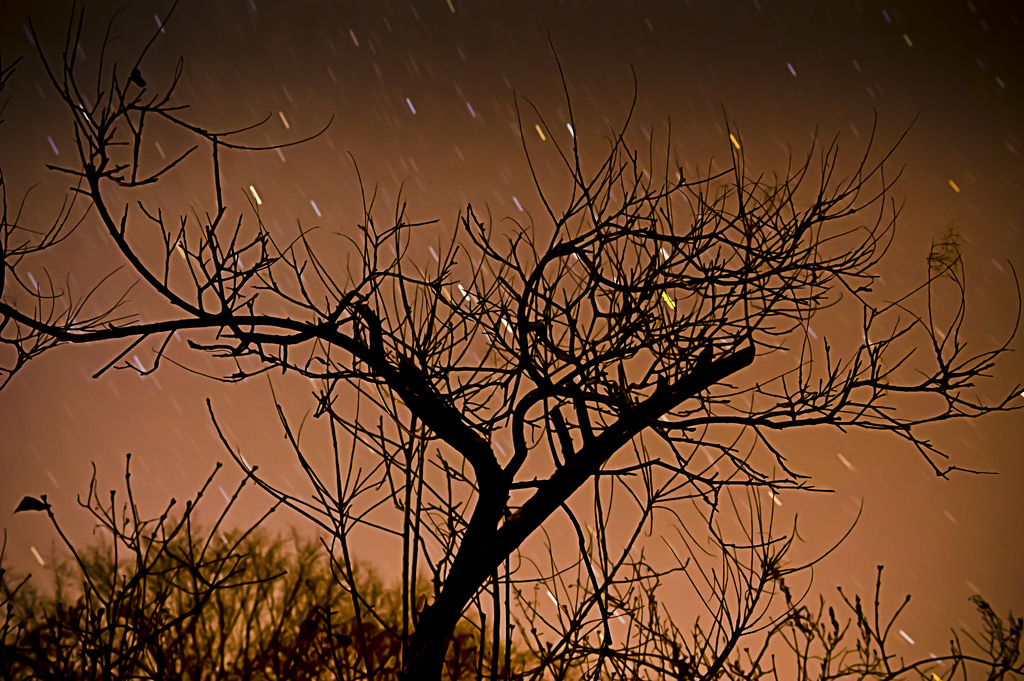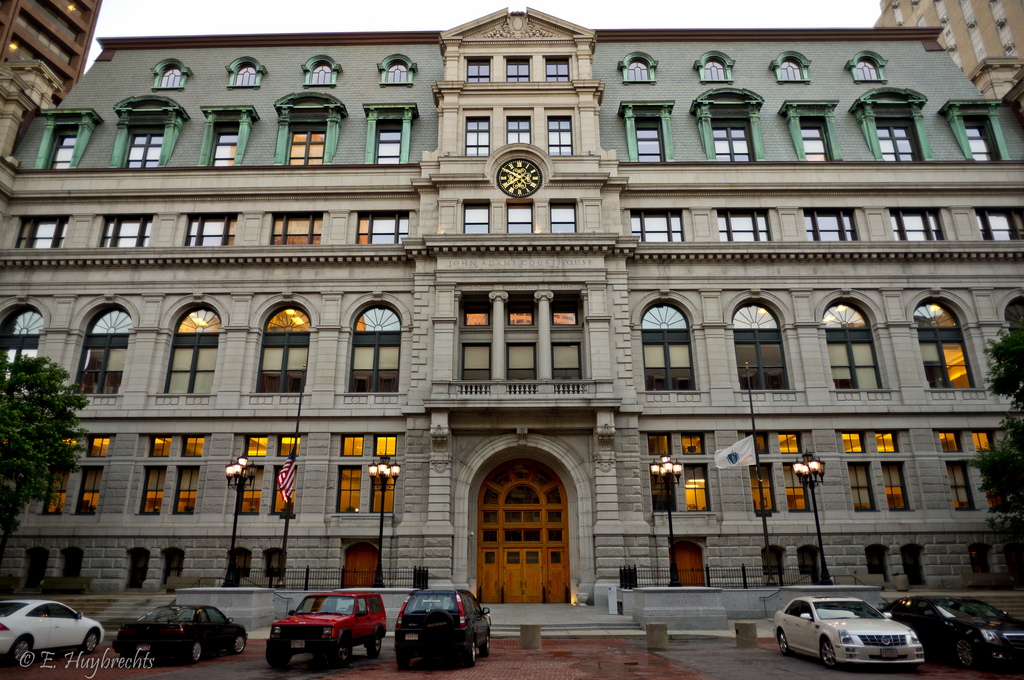Published November 29, 2010

This is how you communicate when the Internet goes down. (Florian Seroussi/Flickr)
If you’re one of thousands (hundreds of thousands? millions?) of Comcast Internet customers in the Northeast, you probably lost your connection for several hours last night. If you turned to Twitter to kvetch, as I did, you might have learned a bit about how your Internet connection works.
I was right in the middle of digging into the latest Wikileaks release at about 8 p.m. when the company’s DNS servers failed. Argh! I grabbed my iPhone and tweeted my frustration — and it quickly became clear that the problem affected customers throughout Massachusetts as well as the D.C. area. (iPhones, of course, use AT&T’s wireless 3G networks.)
Twitterer Matt Soleyn (@soleynm) was first with the helpful fix:
Comcast DNS servers are down. Point your computer 8.8.8.8 (Google’s Public DNS) for DNS instead as a fix.
I made the change and got back online in seconds.
So what is DNS? When you open a Web browser and type in google.com, a domain name server figures out that google.com points to 74.125.53.100, an IP address. Humans use domain names because they are much easier to remember than IP addresses. During the outage, you could still type 74.125.53.100 into a browser and get to Google — if you knew that.
A tricky but far easier solution was to switch to a publicly available DNS server such as one provided by Google or OpenDNS.
New York Times tech columnist David Pogue extolled the virtues of Open DNS in August:
Unfortunately, from time to time, your Internet provider’s D.N.S. computer goes down. To you, it seems that the Web itself has gone out, because you can’t pull up any sites at all. In December 2008, for example, 1.2 million Los Angeles citizens thought that the entire Web had gone offline, because of a crashed Time Warner D.N.S. computer.
That story was gleefully provided by OpenDNS, the one-of-a-kind company with a killer idea: to provide a free, alternative D.N.S. service that works better than your Internet provider’s. Faster, more reliably and with more features. You don’t pay anything, sign up for anything or install anything.
It’s a good explainer and worth the read. Soleyn also suggested specifying different providers as your primary and secondary DNS servers, in case one goes out. I set Google as my primary and OpenDNS as my secondary.
Now, I won’t get into the apparently widespread contempt of Comcast, or last night’s competing hashtags, #comcastic and #comcastrophe, or the fact that NPR host Bob Garfield channeled his Comcast rage into a website called comcastmustdie.com.
Funny, no one seemed to care when Verizon telephone service went out last month.


